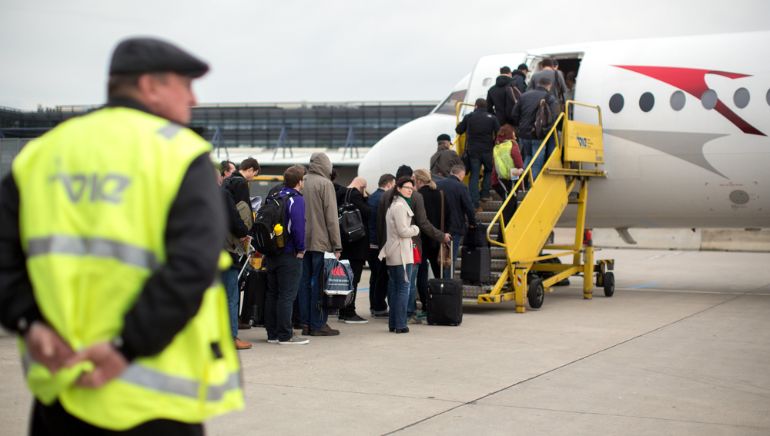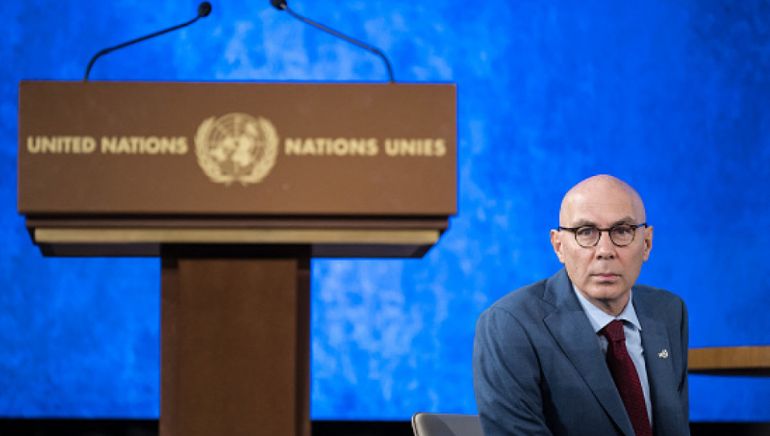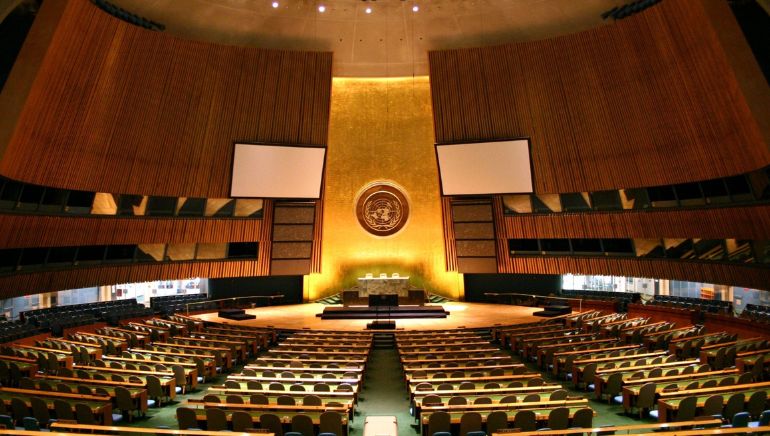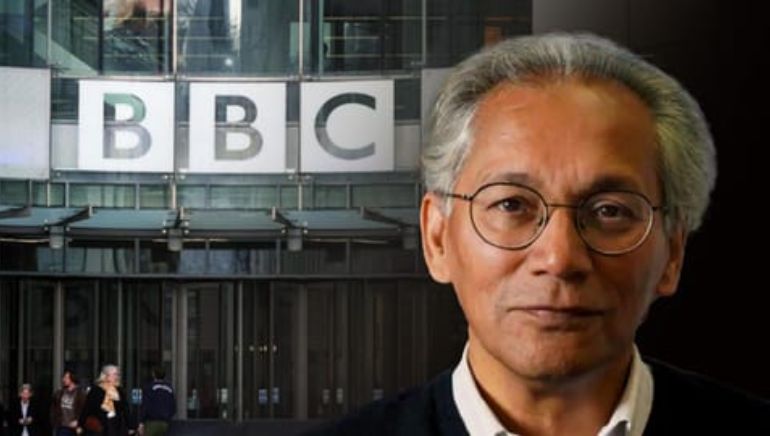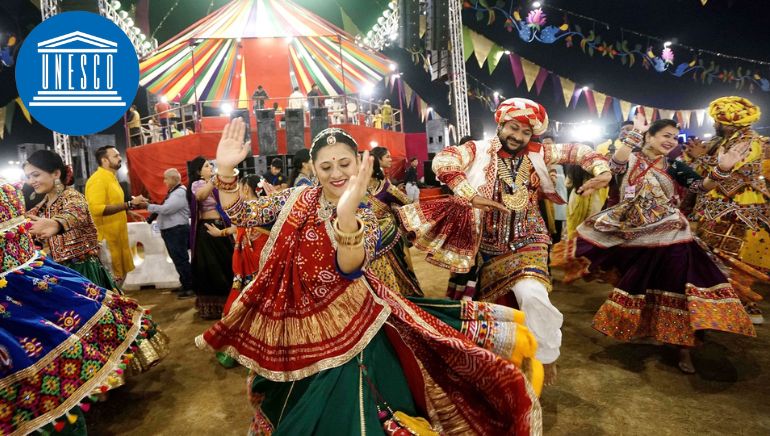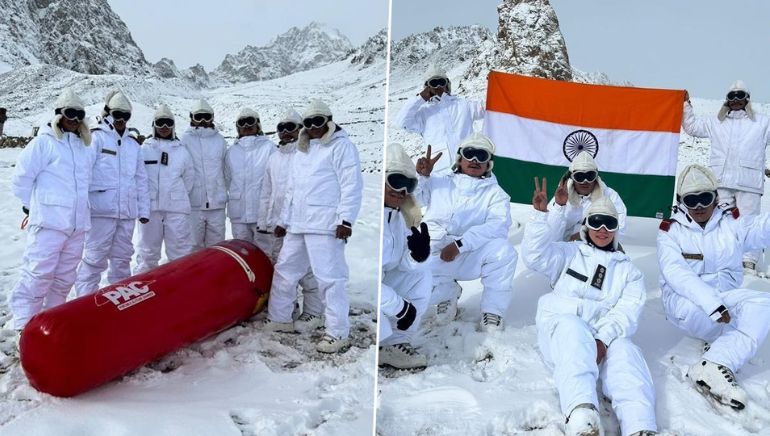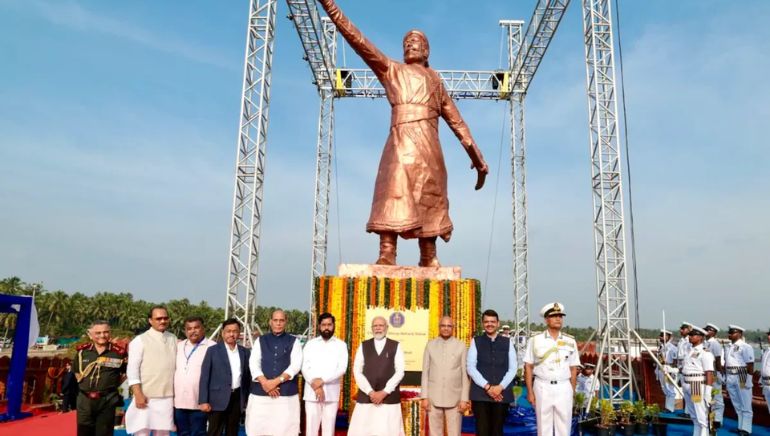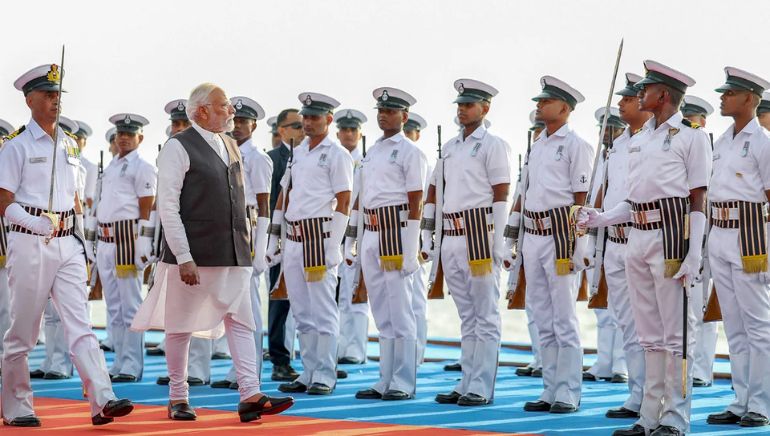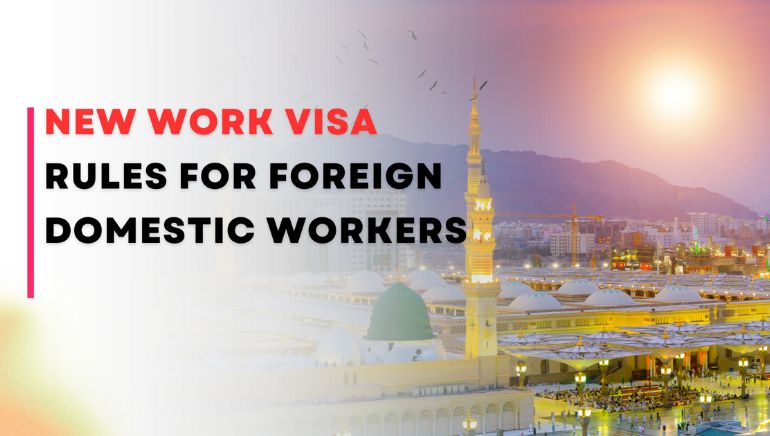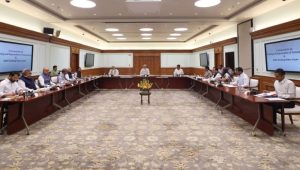Austria has signaled a willingness to reconsider its opposition to Romania and Bulgaria joining the Schengen open-travel area, but with conditions. While expressing openness to easing restrictions on air travel, Austria demands enhanced security measures at the EU’s external borders.
Austria, a leading voice against the Schengen accession of Romania and Bulgaria, previously cited concerns about high levels of illegal immigration. The proposal for a compromise focuses on allowing passport-free travel between Romania, Bulgaria, and Schengen countries, specifically for air travel.
“On the other hand, there are clear demands in exchange for that, namely massively strengthening the protection of the (EU) external border, land border checks staying in place, and asylum seekers being transferred to Bulgaria and Romania,” Austrian Interior Minister Gerhard Karner said, referring to people who pass through there to reach Austria.
The demands include a threefold increase in border police numbers and technical upgrades at key border points, particularly Bulgaria’s border with Turkey and Romania’s border with Serbia.
The proposed agreement, dubbed “Air Schengen,” would only eliminate passport checks for air travel, provided the specified security measures are implemented. This marks a potential breakthrough in a longstanding debate, as Austria seeks to balance concerns over illegal immigration with addressing the aspirations of Romania and Bulgaria to join the Schengen zone.





